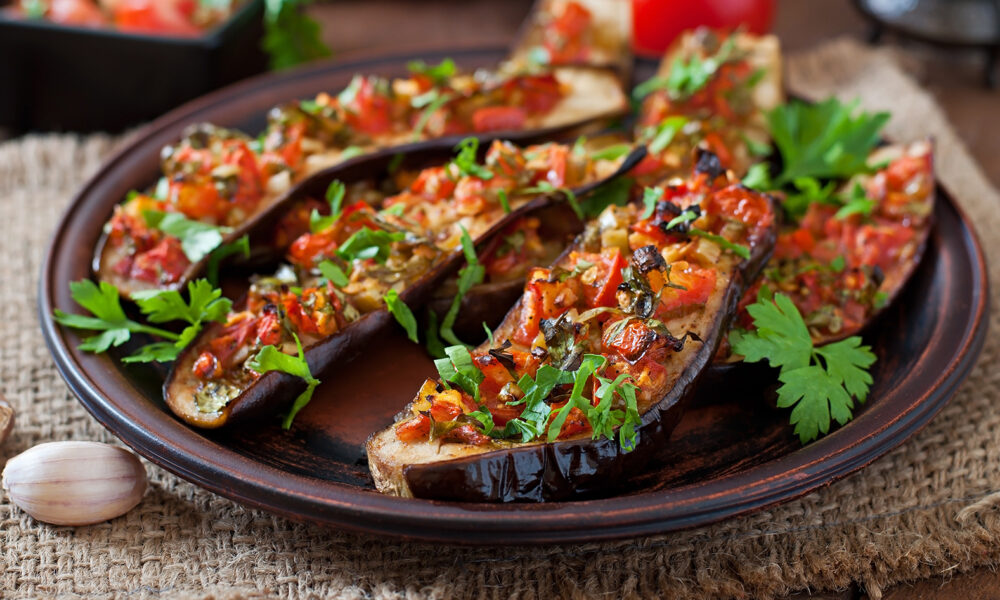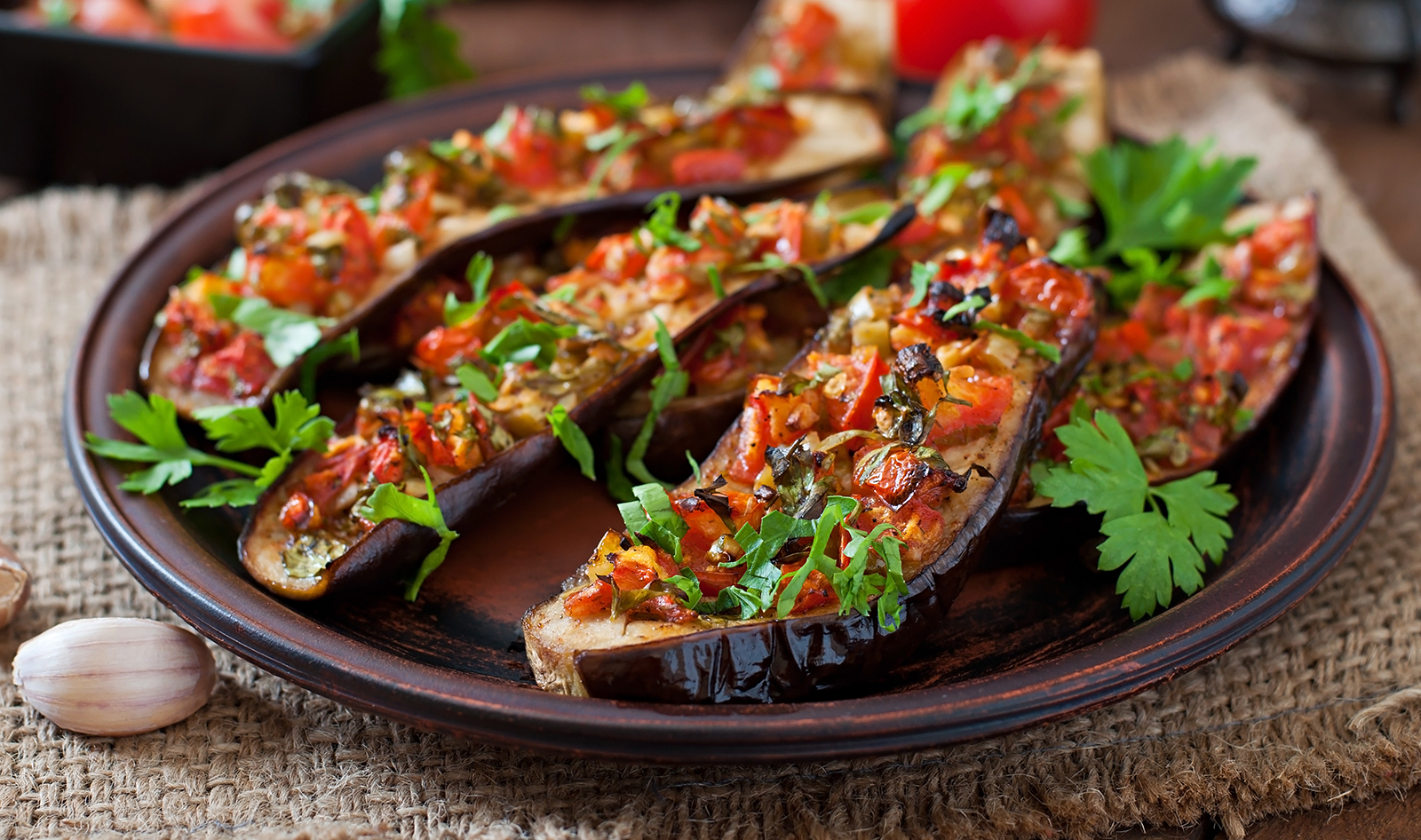

Making the leap to a vegan diet can be incredibly daunting. Whether it be from vegetarian to vegan, or straight-up cold turkey (excuse the irony), there are several things you need to know before starting this journey. While there are many health, environmental and obvious other benefits for our furry friends, it is most important that while transitioning you approach this new way of life with a well-rounded and balanced attitude to ensure your future success.
‘Vegucate’ Yourself
This is possibly the single most important step when moving towards a vegan lifestyle; get educated! Veganism can be an incredibly healthy and beneficial way of life. However, to ensure the best results from such a change requires at least a bit of forethought and planning.
Here are a couple research points we found useful along the way:
1. The Vegan Food Pyramid
This is essential to ensure a successful transition to veganism, as it creates a simple guide as to what food groups you will be eating now, and what you will need to increase to assure you maintain enough energy throughout the day. It is important however to keep in mind that this is a rough guide, and everybody is individual and has different requirements!
2. Supplementation
Despite common misconceptions, veganism – or a vegan diet – can be an incredibly well-rounded diet. However, it is important to be aware of which foods you will be getting your vitamins and minerals from. Not only does this help you answer those pesky questions from friends and family, but will also allow you to be confident that you are in fact consuming all the essentials you need.
Here’s a quick list of our main required vitamins and where to find them:
- Iron- Green leafy vegetables, legumes & beans, nuts, watermelon, and whole grains.
- Calcium – Broccoli, green leafy vegetables, tofu, chickpeas and lots of seeds.
- Potassium – Bananas, spinach, potatoes (both normal and sweet), squash and avocado.
- B12 – Fortified non-dairy milks & cereals and nutritional yeast.
Don’t Sweat Over the Small Stuff
In your first stages of working towards becoming vegan, it’s important to remember you’re not alone! Everyone has been there, and it’s okay for some to take longer than others to fully immerse themselves in the lifestyle.
Therefore, setting small goals can be really helpful when moving towards a more plant-based way of living. This allows you to recognize the progress you have made, without making the remaining steps seem like a big deal. Replacing non-vegan foods with their cruelty-free alternatives takes time, so setting small goals can help achieve this without making the whole process feel overwhelming.
For example, instead of immediately clearing out your cupboard of all the dairy, eggs and any other non-vegan products you might find there, focus on replacing them one at a time as they are used up. This allows you to still enjoy the foods you have come to love, while simultaneously discovering new alternatives that not only taste good, but make you feel good too!
Set-Up for Success
It can be hard to imagine a meal without animal products for the first time, so we suggest meal planning ahead of time. This can be a great way to find inspiration and ensure that throughout the week you don’t get stuck with the thought of “What can I eat?”. By planning ahead, it will help you get excited about your week and also reduce the stress of coming up with a delicious meal on the spot!
Remind Yourself Why
Becoming vegan can be an exciting and life-changing process, yet can also be time-consuming and often feel lonely. Because of this, it is incredibly important that you find the time to remind yourself why you are making this change. You can do this by watching documentaries, or even by following a fellow vegan that inspires you on social media. By seeing the positive change they are making through their lifestyle, you will definitely feel more encouraged to incorporate this into your own world.
Feeling like you’re the only person on this journey can be very isolating, so we definitely recommend finding a group of people you can connect and share your experience with. Luckily, modern technology makes this easier than ever, and local vegan Facebook groups are growing in popularity. These are fantastic places to meet new people and learn about hotspots for delicious vegan food in your area and discover new recipes tried and tested by people like you!
Altogether, going vegan is a completely unique and eye-opening experience, and by following a few simple steps, this process can be a lot more achievable than many people think.
























